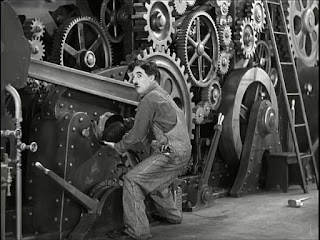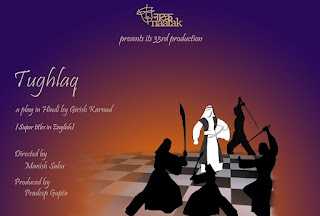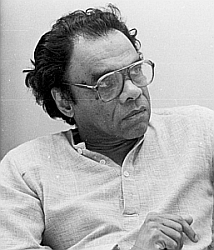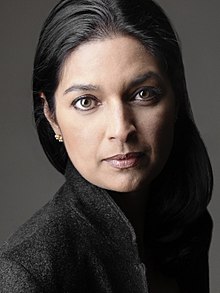Movie review of two films by Charlie chaplin "Modern times" and "The Great Dictator"
Movie review of two films by Charlie chaplin "Modern times" and "The Great Dictator"
(1) Modern times
Modern times is a 1936 comedy film written and directed by Charlie Chapline. he himself is the actor of the film.his film always portrays everything with the fun. which gives message with humor.
This film portrays Chaplin as a factory worker. film clearly evokes the marginalization of the poor and worker. sometimes they have to work for bread and butter even in unhygienic condition. for eg. workers in call factory have to work on the cost of their life.
High class people always exploits the poor people. only poor are responsible for everything and they have to suffer or sacrifice. Ellen's life is also connected with chaplin's life. she is the poor girl and also dancer in cafeteria. her father is unemployed. unemployment is the great issue of modern time. in present world millions of people are suffering from unemployment. even well educated people don't get the suitable job. only for 60 post of clerk, our government will receive 3 lakhs forms. this is the bitter truth of our modern life. even engineer is ready to apply for the post of clerk.
Always innocent people have to suffer in this world. in the movie Chaplin use the word "innocent victims" Charlie was caught by police even though he was innocent. in the same way manier time our Indian police caught the innocent people. and they have to remain in jail till the final judgement. after sparing much time in jail law declared that he is innocent. also we come across such a case in which victim proved innocent after his death. this is the loose stones of our law.
At the end of the film Charlie and Ellen flew away, when police came to arrest Ellen. end of the film portrays long road and mountains. it shows that whatever situation and hardships are there but we have to tackle everything. life must go on show must go on.
(2) The Great Dictator.
.
"The Great Dictator" is great political satire on Hitler. this is 1940 American film written, directed staring by and produced by Charlie Chaplin. usually Chaplin's films are mute but yet it has great success based on his powerful acting and strong facial expression. this was Chaplin's first sound film.
Film portrays Hitler as a cruel dictator. because of Hitler Europe suffered a great destruction of human lives in second world war. Total human losses during the six years of war with USSR estimated at 60,000,000 of which 27,000,000 were Russians, Ukrainians, jews and other people in soviet territory. The exact number of people killed by Hitler could never be known. but with different methods and researches the death tolls of Jews have been calculated to be around 5.1 million to 6 million which includes 3.0-3.5 million polish Jews.
Film portrays Jew as a low community which exploit by Hitler. there is also one Dialogue in the film that
" Jews are inferior and therefor enemy of the state."
inferior people automatically become enemy of the country.
When two political leader met at that time they always praise one another's country without knowing the real condition of the country. When Napoleon visited Hitler at that time he praise his country by saying that " Great people, Great country" without knowing the real situation of Jews.
Last speech is most essential when barber and Hitler interchanged. Barber gave very inspiring speech that "Man is capable of doing everything he can make this life beautiful ,and every men are similar and we don't have to surrender to any dictator or machinery."





Comments
Post a Comment